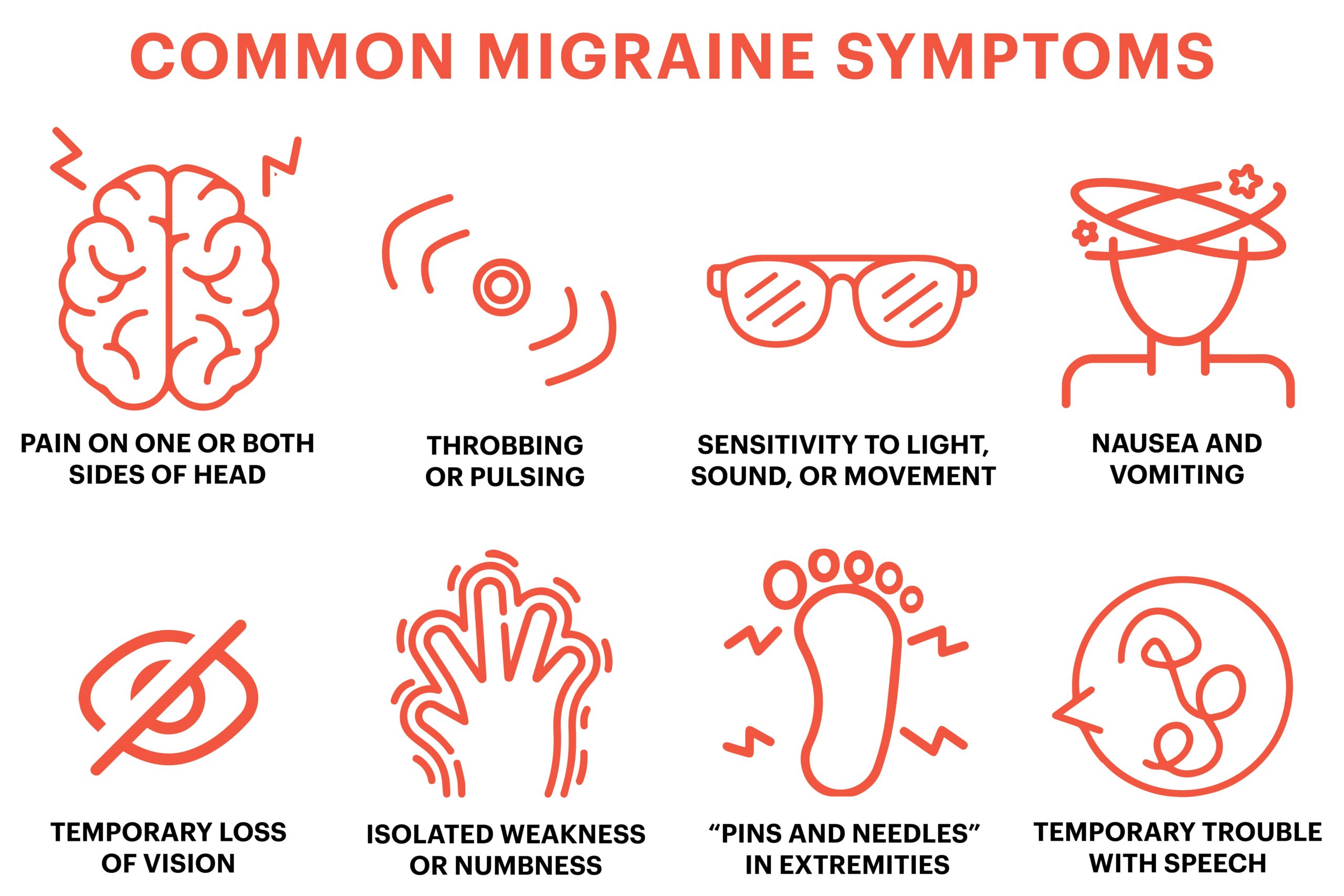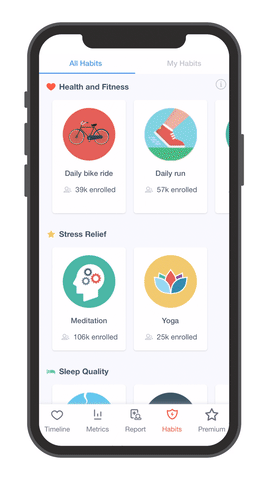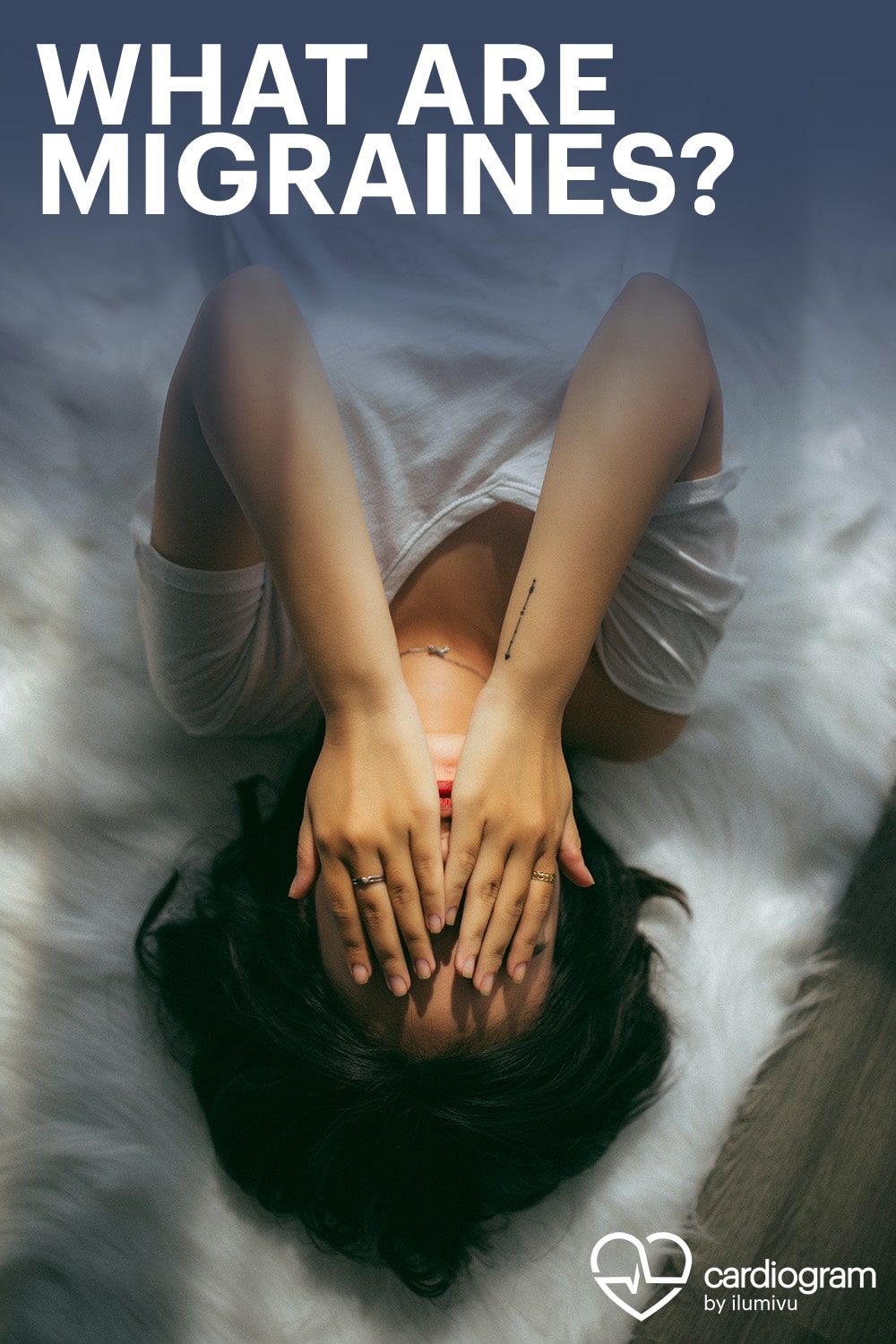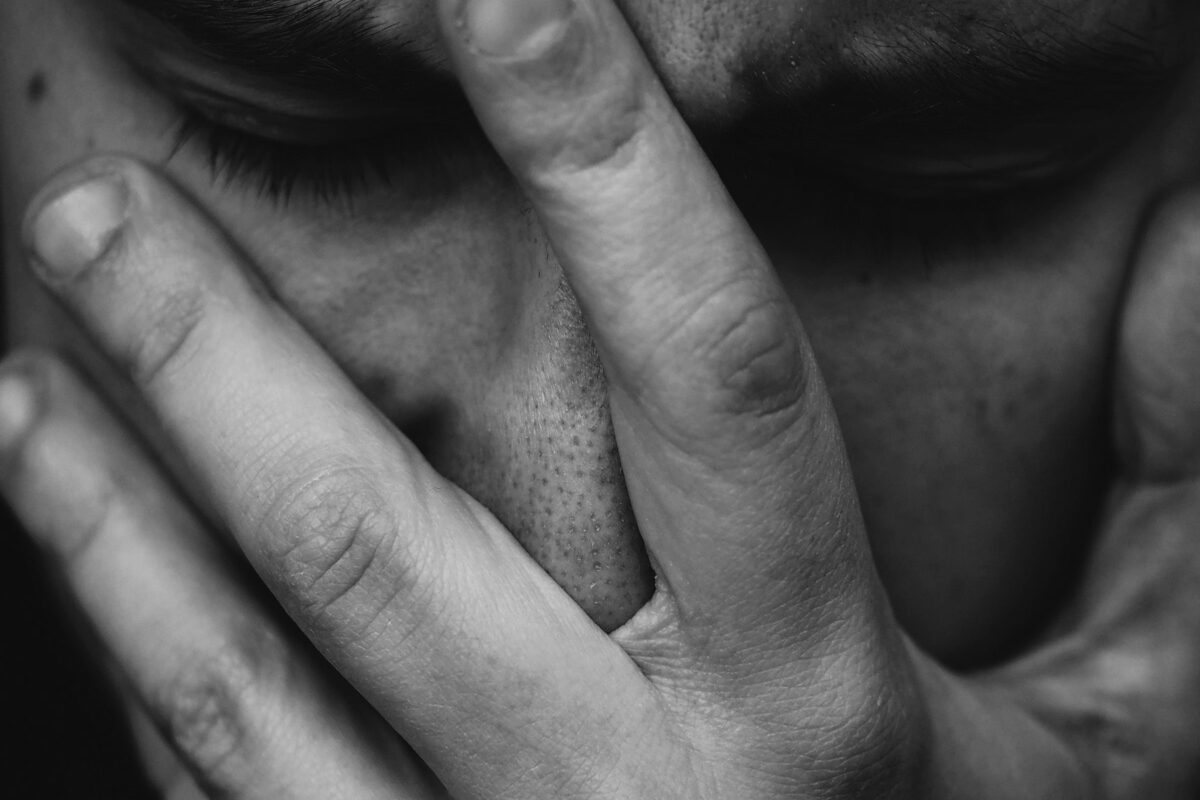One billion people worldwide suffer from migraine, making it the third most common illness. And studies have found that across the board, migraine increases the risk of several heart diseases, like atrial fibrillation, heart attacks, and angina.
Here, we’ll discuss the basics of migraine headaches, including their causes, treatment options and how they're connected to heart health. As well as some tips for migraine management. Let’s dive in!
What are Migraines?
How are Migraines Connected to Heart Health?
For decades, there have been many studies looking at the connection between migraines and heart health. Many of which have found a link between those with migraines having a higher risk of strokes, heart attacks, and heart disease at large. In other studies, migraines were shown to increase the risk of ischemic heart disease by 50%.
It's still uncertain exactly where the connection stems from. But many believe that during a migraine, there's a decline in blood flow to the brain, leading to inflammation of blood vessels, ultimately impacting heart health.

Symptoms of Migraine
Risk Factors for Migraine
No one fully understands what causes migraines. However, one explanation, briefly mentioned above, is known as the neurovascular theory. Here, it's believed that the trigeminovascular system (which is composed of neurons in the trigeminal nerve) can go awry and cause inflammation and an enlargement of blood vessels in the brain, leading to pain in the head. Other proposed risk factors include genetics, like having a family history of migraines, and hormones. Women are also about three times more likely to experience migraines than men, which is likely due to higher estrogen levels.
Diagnosis of Migraine
Migraine is diagnosed based on a person's symptoms. There is no specific test for migraine, so it’s often diagnosed based on a person's medical history and a physical exam.
Treatment of Migraine
The "Holy Grail" of migraine treatment is early detection, which allows migraine sufferer to take preventative measures before a headache ever develops.
Other treatment plans for migraines will be unique based on each person’s symptoms and what works best for them. Some common treatments for migraine include medications such as ibuprofen (a nonsteroidal anti-inflammatory drug) and triptans (a drug used to calm over-active pain nerves), lifestyle changes such as avoiding triggers, and complementary therapies such as biofeedback or acupuncture.
Cardiogram's Migraine Project
We've launched our migraine project that aims to develop an algorithm that can detect the subtle signals of early migraine episodes and alert a migraine sufferer to the oncoming migraine, even before a they themselves would likely be able to. And we believe that with enough data and input from our members, we can build that algorithm, which would then become a permanent Cardiogram feature to help reduce suffering for our members.
In order to gather enough data for our data scientists to build such an algorithm, we're asking our Cardiogram members who suffer migraines who are willing to participate to take our survey, and log their migraines in the app. Interested in contributing? Learn how here.
Steps to take if you have symptoms of migraine
If you experience migraine symptoms, taking early actions can help you to reduce your amount of episodes.
Contact your doctor if your symptoms are severe or do not respond to over-the-counter medications. They may prescribe stronger medication or suggest other treatment options.

- You should also drink plenty of fluids to stay hydrated throughout the day. It’s recommended that each day, men consume about 124 ounces of water, and around 92 ounces for women.
- Getting adequate rest is another important step. Use the Habits section of your Cardiogram app to help you stay accountable.
- Over-the-counter pain medications such as ibuprofen or acetaminophen can also help to relieve symptoms. If you're on your mobile device, click to go directly to the habits section in Cardiogram.
- First, identify any triggers that may have caused the migraine, such as certain foods, stress, or changes in sleep patterns. You can use the “tagging” feature in Cardiogram to help with this.
- Once you have identified any possible triggers, avoid them if possible.
- If you cannot avoid them, try to manage them in a way that minimizes their impact. For example, wear earplugs or headphones if you are sensitive to noise. If bright lights bother you, wear sunglasses or stay in dimmed rooms.
Complications of Migraine
Bottomline and Migraine Prevention
Migraine is a type of headache that can cause moderate to severe pain and be disabling and disruptive to your life. Symptoms include throbbing, pulsing, and sometimes nausea and vomiting. Migraines can be triggered by stress, bright lights, loud noises, certain foods and drinks, and changes in weather or sleep patterns. Despite their frequency, migraines are often misunderstood and difficult to treat.
However, there are several effective ways to prevent migraines. These include avoiding trigger foods and drinks, maintaining a regular sleep schedule, managing stress, and avoiding bright lights and loud noises.
By taking these preventive measures, migraine sufferers can significantly reduce the frequency and severity of their headaches.
1. Orlando de Jesus. (2022, July 6). Migraine Headache. https://pubmed.ncbi.nlm.nih.gov/32809622/
2. Pescador, M. A., & Orlando de Jesus. (2022, July 6). Migraine Headache. Nih.gov; StatPearls Publishing. https://www.ncbi.nlm.nih.gov/books/NBK560787/
3. https://www.ncbi.nlm.nih.gov/pmc/articles/PMC3975603/
4. https://americanmigrainefoundation.org/resource-library/migraine-stroke-and-heart-disease/



